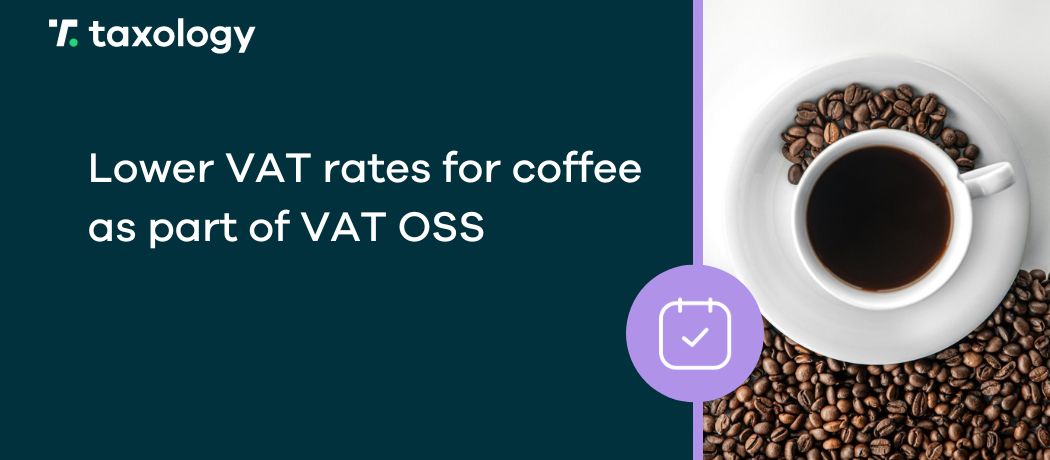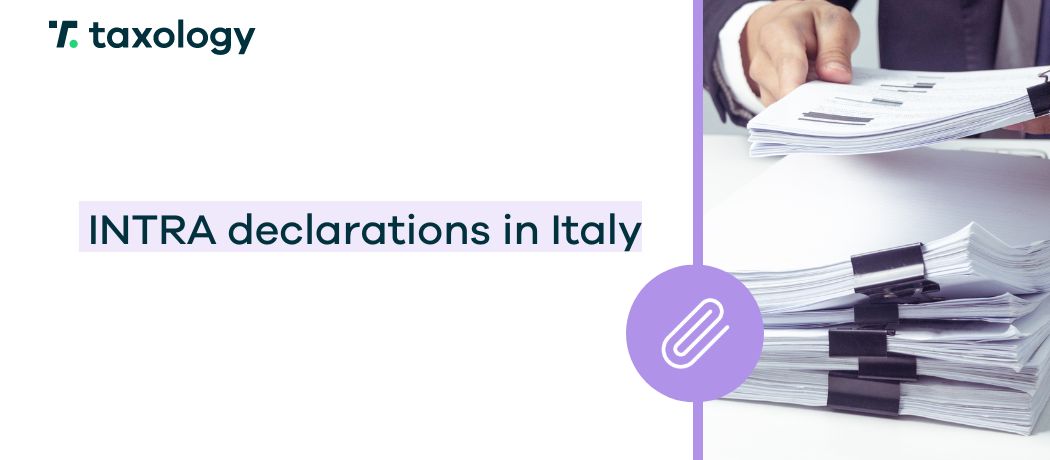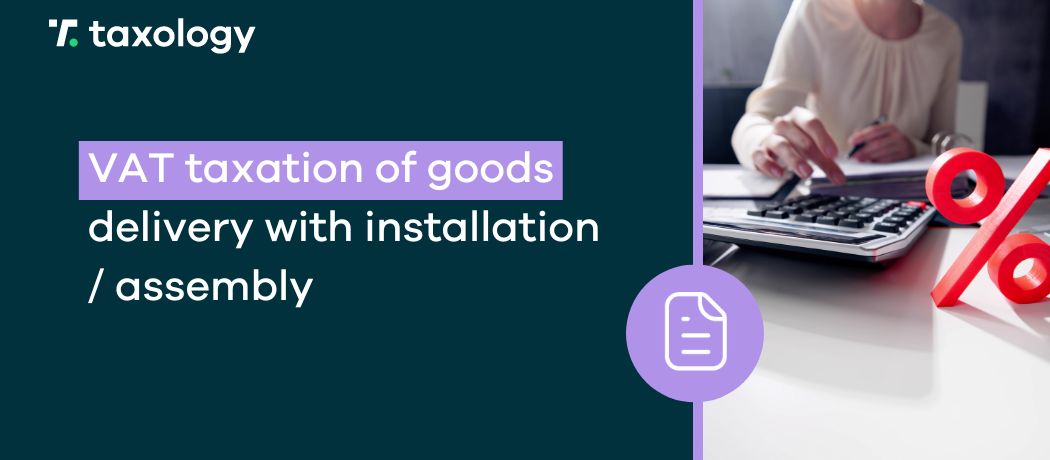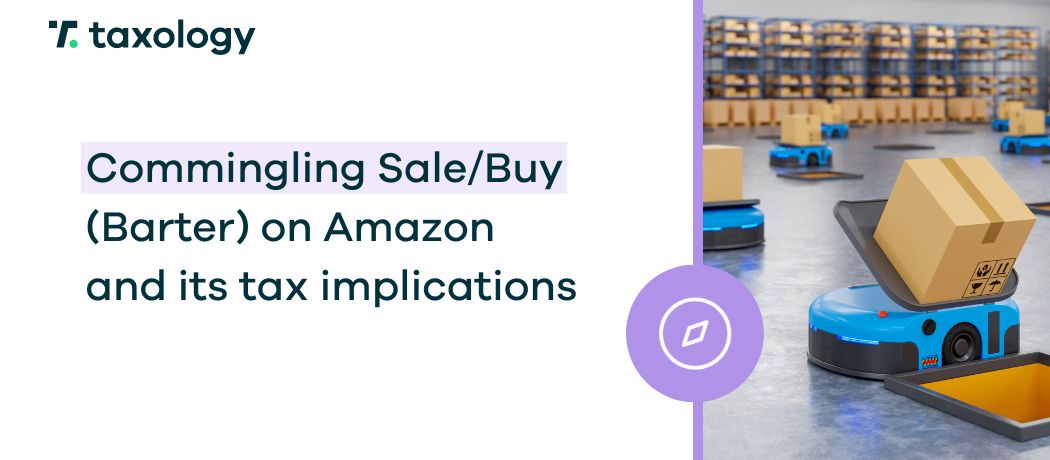Italy ranks as the fourth largest e-commerce market in Europe in terms of value. It is no surprise, then, that it attracts entrepreneurs looking to expand in this direction. However, […]
Read in: 4 minLower VAT rates for coffee under VAT OSS in selected EU countries
- Last update: 23.02.2024
- Published: 27.10.2023
- Read in: 5 min
Do you sell coffee to customers in other EU countries? While Poland has maintained a 23% VAT on coffee for several years, did you know that certain products containing coffee might be eligible for a reduced VAT rate in some EU nations?
If you want to discover how to determine the VAT rate applicable to coffee, check out the following article for more information!
How to benefit from lower VAT rates on coffee - using VAT OSS!
When selling goods to retail customers in different EU countries, applying the VAT rates specific to the customers’ country of residence (goods received). However, there’s an exception for sales below EUR 10,000 (which may be taxed in the country from where the goods are dispatched).
Streamlining the settlement of foreign VAT, a single, consolidated return via the VAT OSS procedure eliminates the need for local VAT registration and individual return filings across various EU countries where sales take place.
The submission of VAT OSS returns and VAT payments occurs on a quarterly basis.
What VAT rate is coffee subject to in Poland?
Since July 1, 2020, coffee items, including roasted, decaffeinated, shells, husks, and coffee substitutes containing any ratio of coffee, are now under Poland’s standard VAT rate of 23% following the VAT rate alteration.
These updated VAT rates conform to goods classified as per CN terminology. Now, let’s explore the potential VAT rates applicable to coffee in various EU countries.
Lower VAT rate on coffee - Estonia
In Estonia, coffee isn’t eligible for the reduced VAT rate of 9%. The specific products covered under this preference are listed in Section 15 of the Estonian VAT Act. Meanwhile, the standard VAT rate in the country remains at 20%.
Lower VAT rate on coffee - Romania
In Romania, the 9% VAT rate applies to various items such as food, food ingredients, complementary products, or food substitutes. However, this rate does not cover specific products identified in paragraph 3(k) of Article 291 within the Romanian VAT Law. These exceptions pertain to high-quality alpine, organic, and traditional foods authorised by the Ministry of Agriculture and Rural Development, which are taxed at a 5% VAT rate. Coffee, however, doesn’t fall under the reduced VAT rates of 12% and 5%. The detailed list of products eligible for these preferences is outlined in Chapter VI of the Romanian VAT Law (Article 42 et seq.).

Need help with VAT or e-commerce accounting?
Contact us and tell us what you need help with, and we will take care of the rest! Whether it’s accounting services that will support your e-commerce activities or VAT, VAT OSS and VAT EU-related issues – registrations, settlements and declarations.
Schedule a consultationLower VAT rate on coffee - Slovakia
The 10% preferential rate applies solely to certain products, including foodstuffs, explicitly outlined in Annex 7 of the Slovak VAT Act. Coffee, however, does not fall under this reduced VAT rate and is subject to Romania’s standard rate of 19%.
Lower VAT rate on coffee - Italy
In Italy, a reduced VAT rate of 10% is applicable only to roasted chicory, other roasted coffee substitutes, their extracts, essences of coffee, tea, mate, chamomile, and related preparations (classified under CN code 21.02 – ex 30.03). As a result, coffee blends sold without restaurant or catering services are subject to the standard 22% VAT.
Lower VAT rate on coffee - France
The 5.5% reduced VAT rate, specified in 1° A of Article 278-0 bis of the French VAT Act, is applicable to items meant for human consumption. This includes dietary supplements when offered in a form for immediate human consumption, along with coffee, its substitutes, and mixtures intended for beverage preparation.
Lower VAT rates on coffee under VAT OSS in selected EU countries - summary
In most EU nations, coffee-based products are usually subjected to the standard VAT rate. However, some countries offer the possibility of applying reduced rates when selling coffee and associated items.
It’s vital to acknowledge that each EU country may have specific conditions for implementing reduced VAT rates. Additionally, legislation in different countries might introduce new VAT rates based on economic conditions. Therefore, staying informed about changes in the countries where goods are sold or seeking advice from an expert is crucial.
To learn more about beneficial VAT rates, don’t hesitate and schedule a free consultation! Our specialists are ready to assist you with e-commerce accounting and various VAT-related matters, including registrations, settlements, VAT returns, VAT OSS, or VAT EU.
However, if you are interested in gaining more knowledge about lower VAT rates, please check out our articles covering reduced VAT rates on dietary supplements and pet food across selected EU countries.




